Parley for the Oceans: Fighting Marine and Coastal Plastic Pollution
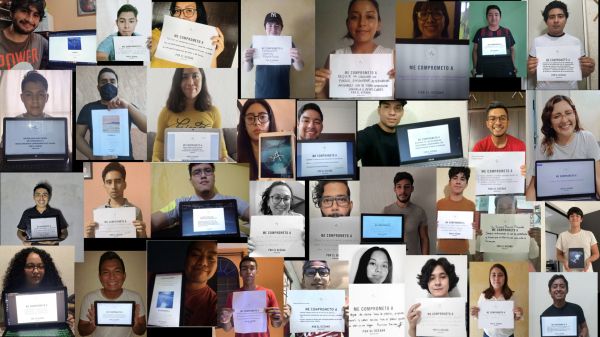
Welcome to our blog series, CEE-Change, Together. Each month, NAAEE will post narratives from the CEE-Change Fellows as they implement their community action projects and work to strengthen environmental education and civic engagement capabilities, all supporting the mission of cleaner air, land, and water. Join us on their journey! The Civics and Environmental Education (CEE) Change Fellowship is NAAEE’s newest initiative to support leadership and innovation in civics and environmental education in North America. This ee360 program is a partnership between NAAEE, US EPA, and the Cedar Tree Foundation.
See below for Spanish version
2021 was a challenging year for everyone due to COVID-19 restrictions and lockdown. This situation allowed our team at Parley Mexico to connect virtually with 103 students and their families (405 people in total) in Cancún Mexico to create awareness about the plastic pollution problem we face in our coastal and marine ecosystems.
According to Parley for the Oceans, “Parley AIR is the strategy to end the fast-growing threat of marine plastic pollution. We believe plastic is a design failure, one that can only be solved by reinventing the material itself. To create change, we can stop producing more plastic right away and use up-cycled marine plastic waste instead.”
Parley for the Oceans, Mexico Program, in collaboration with the Universidad del Caribe (UNICARIBE) had the opportunity to work together and implement the A.I.R. strategy with university students, inspiring and activating youth to avoid plastic and create a change at home.
In 2019 we started the environmental education project, “Fighting Marine and Coastal Plastic Pollution.”
This project’s objectives are to:
- Gather information about the types of plastics that are being used in Cancún households.
- Raise awareness about the plastics that students and their families can avoid and thus help decrease plastic pollution.
- Identify whether people have access to or are aware of options for plastic-free items, and their willingness to change to these products.
- Learn about families' experiences and reactions to participating in this project.
- Activate young people to use their power as consumers to request plastic-free products.
Students participated by:
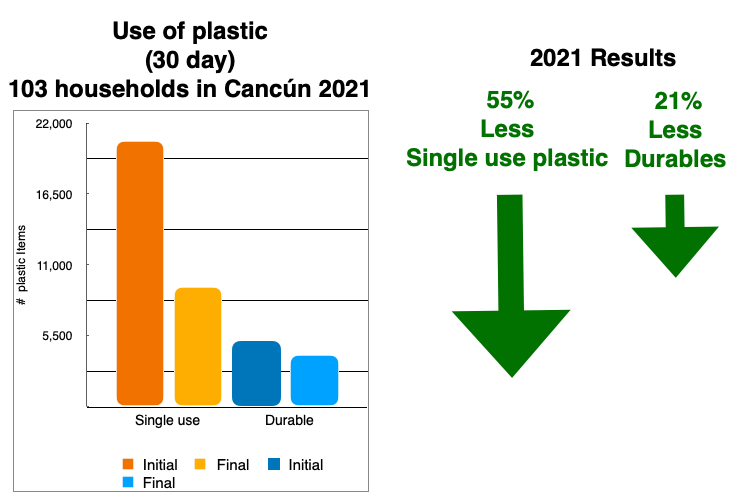
- Registering the household plastic use for an initial month, analyzing the results, and implementing actions at home to reduce or avoid plastic consumption or improve solid waste management. Then, they registered and evaluated their plastic use again for a final month to evaluate if there was any change.
- Sharing their published findings on the Parley Mexico Facebook group.
- Making a long-term commitment to avoid plastic.
- Identifying a product that they consume the most at home and for which there is no plastic-free option in the market and contacting the company to request a plastic-free option for that product.
In 2021, thanks to the great opportunity to be part of the CEE-Change Fellowship and receive an NAAEE mini-grant, it was possible to continue implementing the awareness program. We also designed an App to make the program fun and make it easier to collect data, as well as a desktop program to analyze it. The app will be ready in May 2022.
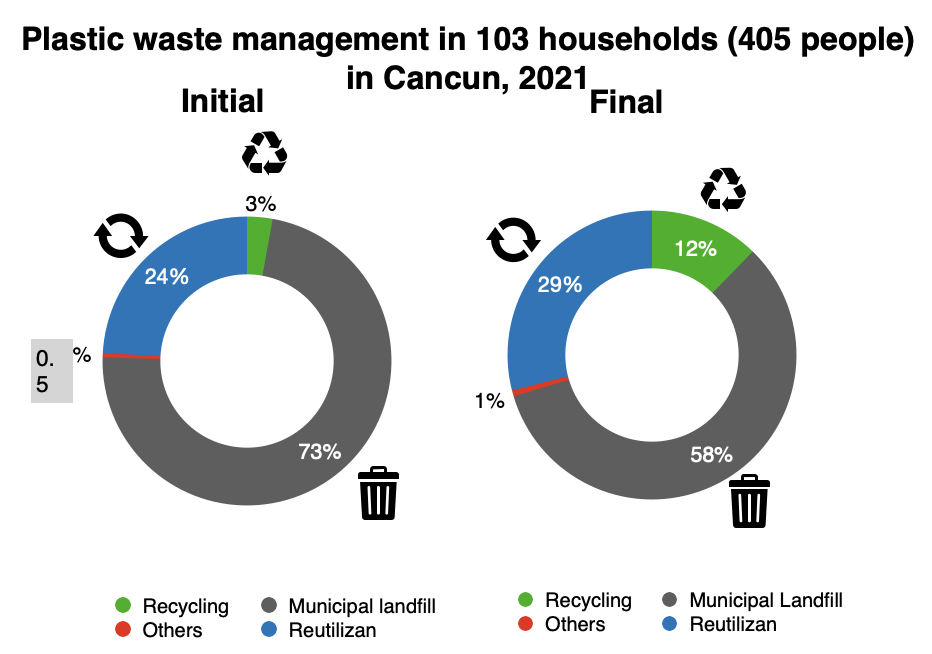
The 2021 results show that the program reduced plastic use and increased recycling and reuse at home. Students reported that at first it was hard to convince their families to change, but by the end, their families were committed on a long-term basis to avoiding plastic as much as possible.
They also found that by avoiding processed food packaged in plastic they could have a healthier diet, as much of the plastic they use comes from soft drinks and junk food. They also reported that the program helped them to be creative and find alternatives to plastic, like buying products in stores that don't use plastic containers or developing more natural cleaning products. Some students shared that they are not only applying these actions to avoid plastic at home but at their workplaces, too.
For more information, contact Parley Mexico.
Facebook: @Parleyfortheoceans
Instagram: @parley.tv
Twitter: @parleyforoceans
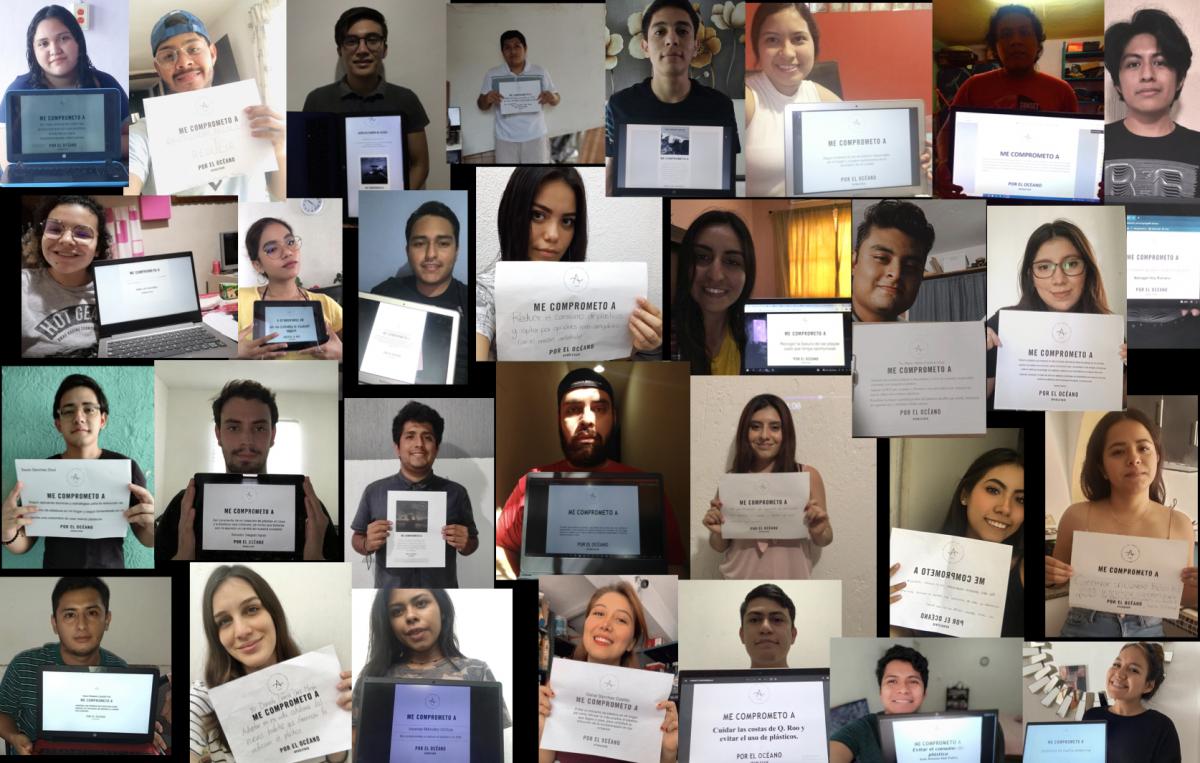
Parley for the Oceans: Combatiendo la contaminación plástica en el mar y ambientes costeros
2021 fue un año desafiante para todos, pero el cambio a trabajar virtualmente nos permitió llegar a 103 estudiantes y sus familias (en total 405 personas) en Cancún México para crear conciencia sobre el problema de la contaminación por plástico que enfrentamos en nuestros ecosistemas costeros y marinos.
Parley for the Oceans, Programa México, en colaboración con la Universidad del Caribe tuvieron la oportunidad de trabajar juntos e implementar la estrategia A.I.R. con estudiantes universitarios, inspirándolos y activándolos para evitar el plástico y crear un cambio de hábitos en casa.
Según Parley for the Oceans, "Parley AIR es la estrategia para acabar con la creciente amenaza de la contaminación por plástico marino. Creemos que el plástico es un fallo de diseño, que sólo puede resolverse reinventando el propio material. Para crear un cambio, podemos dejar de producir más plástico de inmediato y utilizar en su lugar residuos de plástico marino reciclados".
Parley for the Oceans es una organización que se enfoca en atacar el problema de la contaminación por plástico en los océanos y comenzamos a trabajar en México desde 2018.
En 2019 iniciamos el proyecto de educación ambiental "Combatiendo la contaminación plástica en el mar y ambientes costeros," cuyos objetivos son:
- Recabar información sobre los tipos de plásticos que se utilizan en los hogares de Cancún.
- Concienciar sobre los plásticosque los estudiantes y sus familias pueden evitar y así ayudar a que la contaminación por plásticos disminuya.
- Identificar si las personas tienen acceso o conocen las opciones de artículos libres de plástico y su disponibilidad o voluntad de cambio.
- Conocer la experiencia y las reacciones de las familias al participar en este proyecto.
- Activar a los jóvenes para que utilicen su poder como consumidores para solicitar productos sin plástico.
Los estudiantes deben:
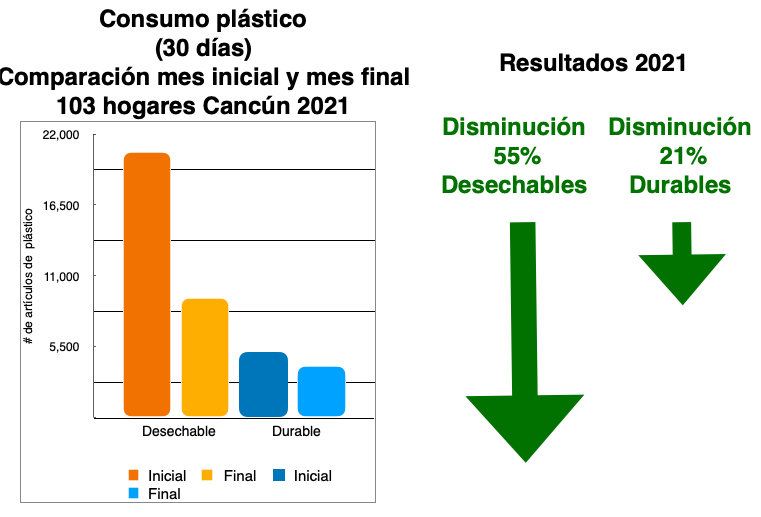
- Registrar el uso de plástico en el hogar durante el mes inicial, analizar los resultados e implementar acciones en el hogar para reducir o evitar el consumo de plástico o mejorar el manejo de los residuos sólidos y finalmente registrar nuevamente su consumo de plástico durante el mes final para evaluar si hubo algún cambio.
- Difundir la información que publicamos en el grupo de Facebook Parley México durante los 3 meses del servicio social
- Hacer un compromiso a largo plazo para evitar el plástico.
- Identificar un producto que consumas más en casa y para el cual no exista una opción libre de plástico en el mercado y envír un correo electrónico a la empresa solicitando una opción libre de plástico para ese producto.
En 2021, gracias a la oportunidad de ser parte del Fellowship CEE y al mini grant de NAAEE, fue posible seguir implementando el programa de educación ambiental, así como diseñar una App para hacer más divertido y fácil la colecta de datos y un programa de escritorio para analizar los datos.
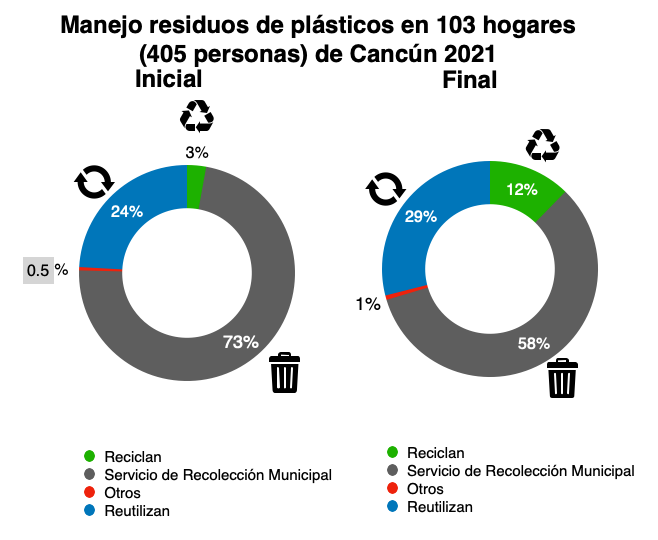
Los resultados de 2021 muestran que el programa permitió reducir el uso de plástico y aumentar el reciclaje y la reutilización en casa. Los estudiantes reportaron de que al principio fue difícil convencer a sus familias de que cambiaran, pero al final sus familias se comprometieron a largo plazo aevitar el plástico en la medida de lo posible.
También descubrieron que, al evitar el plástico, especialmente para la comida, podían tener una dieta más saludable, ya que gran parte del plástico que utilizan proviene de los refrescos y la comida chatarra. También informaron que el programa les ayudó a ser creativos y a elaborar sus propios productos de limpieza y a encontrar un nuevo uso a los artículos de plástico que antes desechaban. Algunos estudiantes compartieron que no sólo están aplicando estas acciones para evitar el plástico en casa, sino también en sus lugares de trabajo.
Para más información contacta a Parley México.
Facebook: @Parleyfortheoceans
Instagram: @parley.tv
Twitter: @parleyforoceans
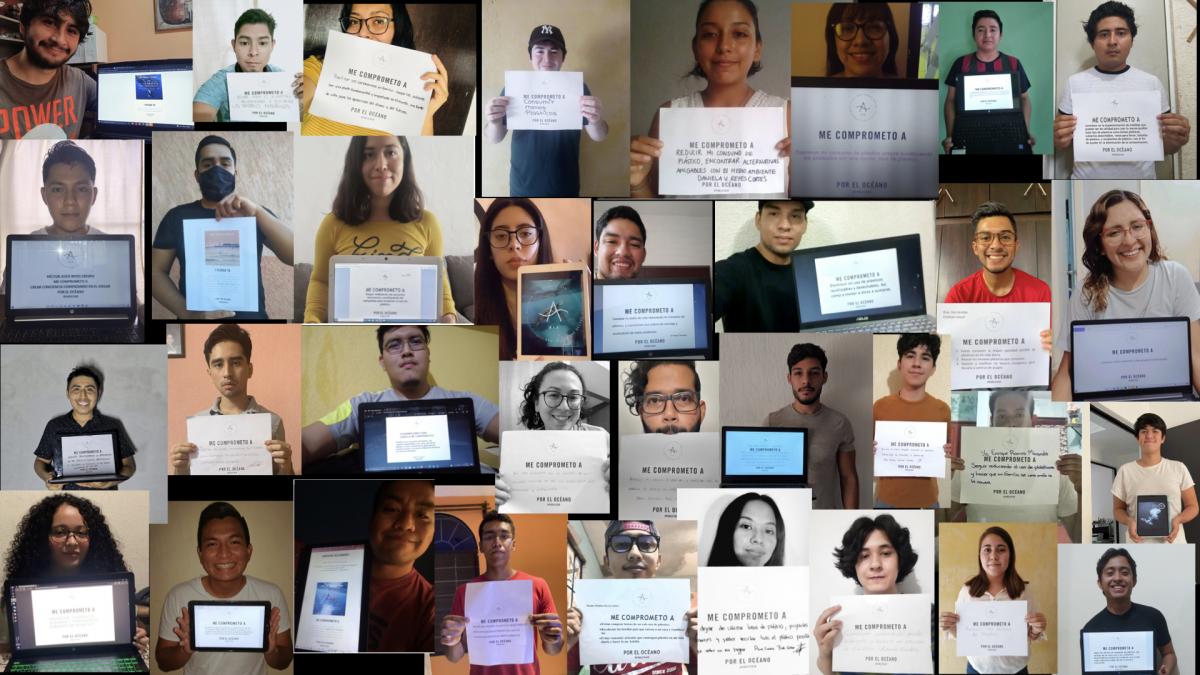
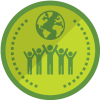

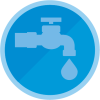


Comments
Great work, Judith. I love that the students themselves reflect on and measure their personal/ familial impacts and apply that data to their analysis. Great way to make a personal and larger scale difference!
Buen trabajo , Judith. Me encanto que los estudiantes reflexionan sobre y medir sus impactos propios/ familiares para aplicar estos datos en sus análisis. ¡Que buena manera a hacer los cambios de niveles personales y mas grandes!